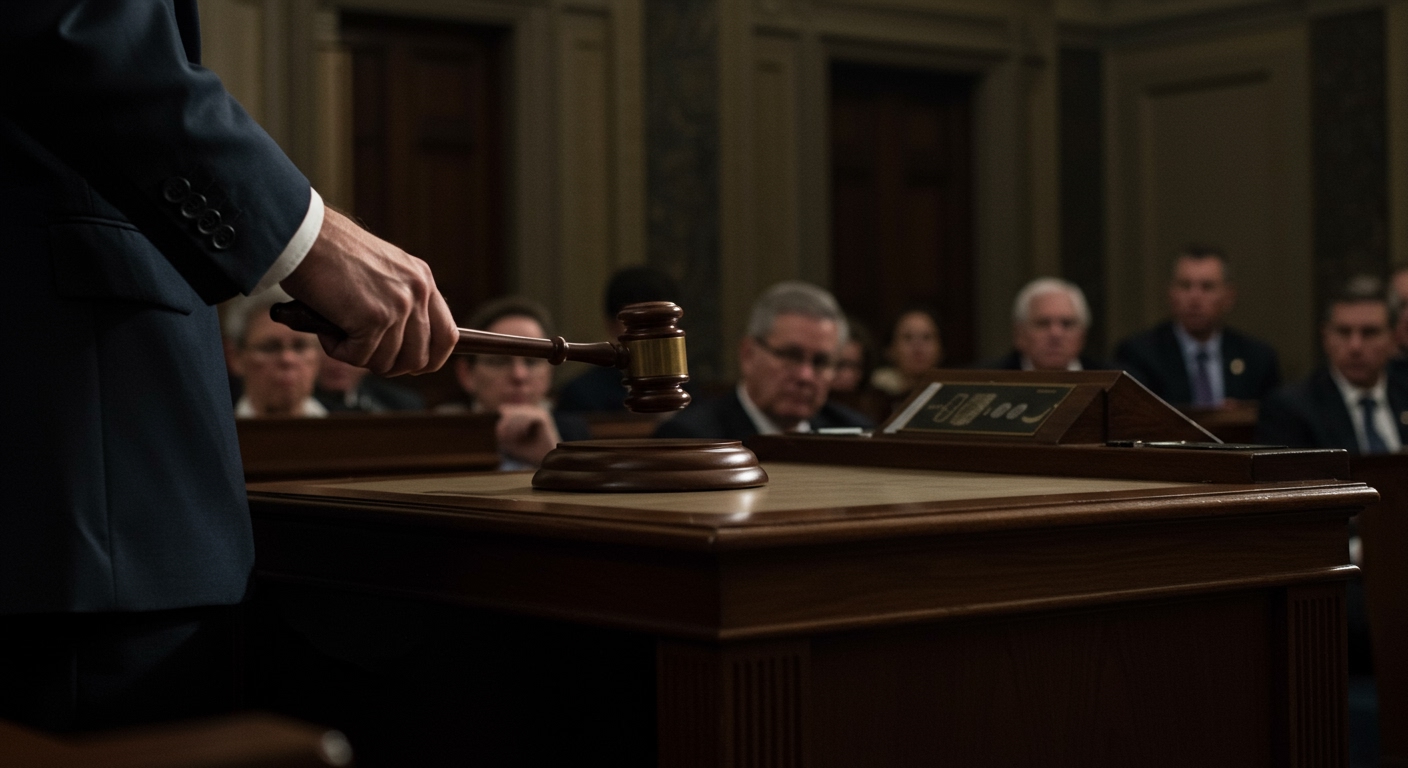ANNAPOLIS, MD – A significant package of new laws took effect across Maryland on July 1, 2025, ushering in changes that touch various facets of life for residents and businesses, from education and healthcare to digital privacy, housing, and critical infrastructure development.
Legislators passed a diverse array of measures during the preceding session, addressing contemporary challenges and long-standing policy goals. The implementation date marks a pivotal moment for several key initiatives aimed at bolstering the state’s economy, expanding access to vital services, and enhancing consumer and individual protections.
Economic Development and Infrastructure
Among the most notable legislative actions is a forward-looking mandate tied to potential federal developments. State law now requires the governor to allocate a substantial $200 million towards redevelopment and transportation upgrades. This allocation is specifically contingent upon the potential relocation of the FBI headquarters to Prince George’s County, signaling the state’s proactive approach to supporting significant economic anchors and improving regional connectivity should the move materialize.
Healthcare Access and Affordability
Efforts to improve healthcare affordability received a significant boost. Maryland’s health insurance subsidy program, designed to help young adults access coverage, has been made permanent. This legislative change grants the state exchange the ongoing authority to continue offering these subsidies, provided that funding remains available. Supporters of the measure highlight its importance in encouraging younger residents to secure health insurance, contributing to a healthier overall population and stabilizing the insurance market.
Education and Workforce Development
Accessibility in education is also being enhanced. Effective July 1, 2025, the full GED exam is now required to be offered in both English and Spanish. This change aims to remove language barriers for a significant portion of the state’s population seeking to earn their high school equivalency diploma. Furthermore, the law mandates a study into the feasibility and logistics of adding even more languages for the exam in the future, reflecting a commitment to linguistic diversity in educational opportunities.
Separately, the state is increasing its focus on expanding awareness of the Public Service Loan Forgiveness program. This federal program offers potential student loan relief for individuals working in government or non-profit sectors, and the state’s initiative seeks to ensure more eligible Marylanders are informed about and utilize this critical resource.
Digital Privacy and Personal Rights
In the realm of digital privacy and personal safety, lawmakers have strengthened protections against non-consensual image sharing, commonly known as “revenge porn.” The legal definition of “visual representation” in these cases has been significantly expanded. Crucially, it now includes realistic altered images, such as those created through advanced digital manipulation or artificial intelligence. This expansion permits victims of such malicious acts to pursue civil lawsuits for damages, providing a new avenue for seeking justice and financial redress against perpetrators.
Tenant Protections
Residential housing is another area impacted by the new laws. Maryland landlords are now subject to a new requirement: they must attach an annually updated Tenants’ Bill of Rights to all residential leases. This document serves to clearly outline renters’ legal protections and responsibilities under state law, aiming to ensure tenants are fully aware of their rights regarding issues such as security deposits, eviction procedures, and the right to habitable living conditions. The measure seeks to promote transparency and empower tenants in their relationship with landlords.
Financial Regulation and Transparency
Addressing the evolving landscape of financial technology, new regulations have been imposed on virtual currency kiosks, often referred to as Bitcoin ATMs. Operators of these machines must now register with the Office of Financial Regulation. This registration requirement is coupled with new oversight regulations and mandatory location disclosures, enhancing transparency and enabling state authorities to better monitor activity and address potential illicit uses of these devices.
The raft of legislation taking effect on July 1, 2025, represents a broad effort by Maryland’s government to respond to contemporary challenges and shape the state’s future across multiple sectors. From economic incentives tied to major federal projects to individual rights in the digital age and fundamental needs like housing and education, these new laws collectively aim to impact the daily lives and long-term prospects of Maryland’s nearly 6.2 million residents.















